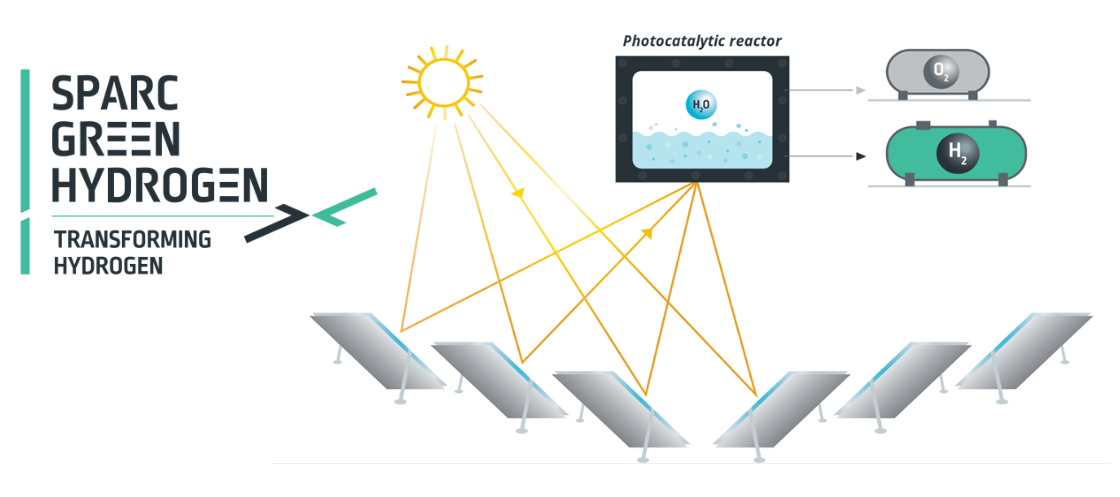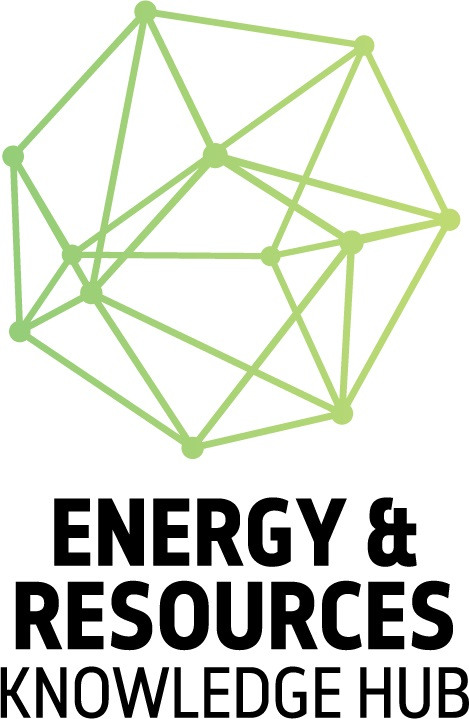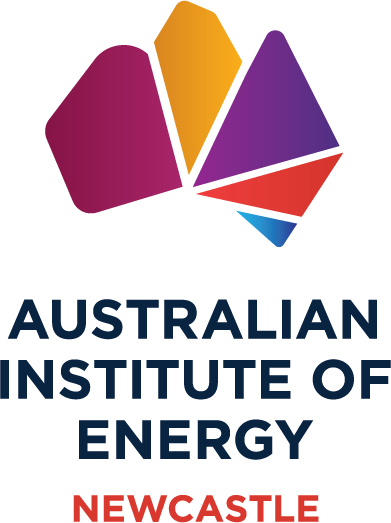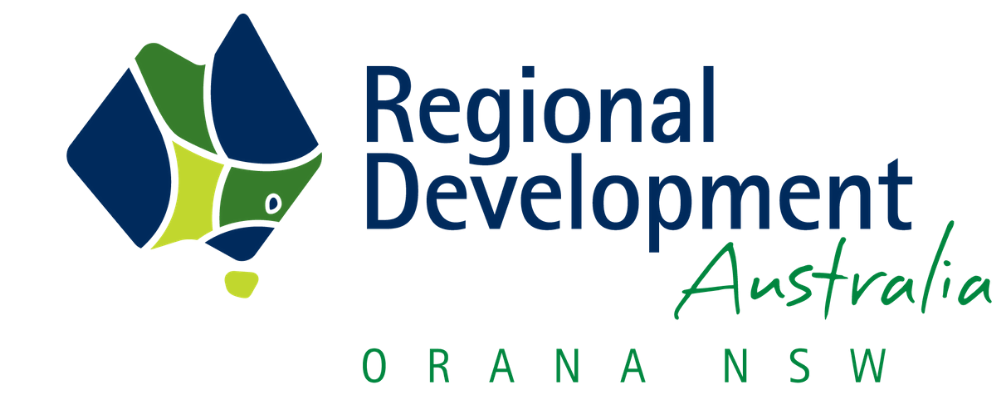Sparc Hydrogen to test photocatalytic water splitting reactor in Newcastle
With the potential to revolutionize green hydrogen production, Sparc Hydrogen's PWS technology offers a promising pathway towards a more sustainable future.

Sparc Hydrogen, a joint venture between The University of Adelaide, Fortescue Future Industries (FFI), and Sparc Technologies, has reached an agreement with the CSIRO to conduct prototype testing of its photocatalytic water splitting (PWS) reactor.
The results from this testing will provide valuable data for ongoing research and development (R&D) efforts and contribute to the design of future pilot plants.
The prototype testing is a significant milestone reached after over five years of research and development conducted by The University of Adelaide and Flinders University. This testing will take place in real-world conditions and aims to advance the technology readiness level (TRL) of the reactor.
Sparc Hydrogen's PWS technology offers a promising alternative to electrolysis for green hydrogen production. By utilizing sunlight, water, and a photocatalyst, the process can efficiently separate hydrogen from water, eliminating the need for capital-intensive electrolyzers or large-scale solar and wind farms. The lower infrastructure requirements and energy usage of the Sparc Green Hydrogen process present cost and flexibility advantages over traditional electrolysis methods.
The CSIRO Energy Centre in Newcastle, renowned for its solar thermal research hub, was selected as the ideal facility to conduct this groundbreaking on-sun testing.
The prototype testing has several key objectives. It aims to advance the TRL of Sparc Hydrogen's PWS reactor from level 4 to level 5, bringing the technology one step closer to a commercially deployable product. Additionally, the testing will provide valuable data and information for the design of pilot plant reactors. It will enable the benchmarking of laboratory testing conducted under simulated solar conditions with real-world results. The testing will also solidify Sparc Hydrogen's position as a world-leading proponent of PWS technology, showcasing its viable reactor for testing new and improved photocatalysts developed by leading research groups worldwide.
Sparc Hydrogen's collaboration with the CSIRO was made possible through a Kick-Start agreement, which supports innovative Australian start-ups and small businesses in accessing the research expertise and capabilities of CSIRO. The CSIRO Kick-Start Program will contribute funding of $28,688 towards the costs of the prototype testing. This collaboration highlights the significance of the project and the recognition of Sparc Hydrogen as a world leader in PWS technology.












